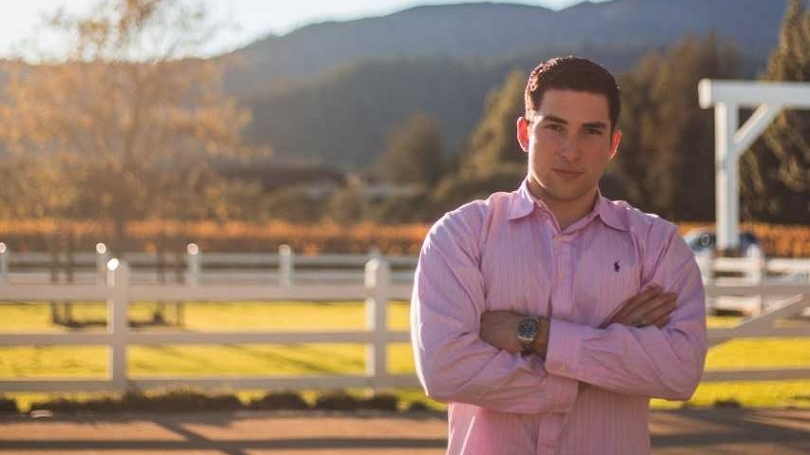
- Public Policy
- Leadership
- Funding
- News & Events
- About the Center
Back to Top Nav
Back to Top Nav
Back to Top Nav
Back to Top Nav
This series introduces the 2017-2018 Rockefeller Leadership Fellows. Each fellow reflects on why he or she wanted to be a part of the program and what aspects of leadership most interests them.
In our increasingly globalized world, what it means to be a leader in the 21st century is vastly different than what it meant in previous eras. Originally, the “ideal leader” was one that could efficiently organize and motivate a group around a common goal to achieve a desired objective. However, this conception would imply that the leader and the team exist in a vacuum. Today, as a global community, we realize that the independent actions of individuals, groups, organizations, businesses, and governments can have far reaching effects on people all over the world.
As such, in my opinion the true leader of the 21st century has all of the same qualities I mentioned earlier, but also acknowledges the economic, social, and environmental impacts of their actions--not only on the team or local community, but on the world. This triple bottom line mentality is the first step in equitably and holistically addressing some of today’s most pressing global challenges, such as climate change and international security. Ultimately, the most interesting aspect of leadership to me is the dynamic leader: one who can adapt to today’s ever-evolving economic, social, and political environment, one who can work collectively in all settings and with all peoples, and one who can thrive in a variety of contexts. To me, these qualities are not nice-to-haves, but rather requirements for leaders of this century if we, as a global community, are to address the most imperative issues of modernity.
First and foremost, being in RLF is a privilege. I am grateful to have been selected amongst other leaders in the Dartmouth community to study and practice what it means to be a leader. Through RLF I have been introduced to different paradigms, and I have been challenged to think and reflect. To me, RLF is a space where dynamic leaders can come together, learn, and debate in an open setting-something that is difficult to find in today’s polarized political landscape. I am grateful for my fellow RLF peers, many of whom I did not know before the program. Broadly, the Dartmouth network is something I find extremely unique to this institution and something that I cherish. I am excited to see where in the world my RLF peers land, and what exciting leadership roles we assume.
Julian Marcu ’18, a native of San Francisco, is an Environmental Studies major at Dartmouth. He was co-president of the Rockefeller Business and Entrepreneurial Leaders and has served two years as a DEN Associate. Julian has served on the Dartmouth Energy Task Force and has conducted research as a Presidential Scholar on the U.S. government’s reactiveness and willingness to implement renewable energy policy in response to shifts in fossil fuel prices. In his free time Julian enjoys weightlifting and serving as President of the Dartmouth Men’s Club Basketball Team. During the fall of 2016, Julian studied international development, transnational sociology, and sustainable urban design at the University of Copenhagen. During the Winter of 2017, Julian attended the CERA Week Energy Conference as Dartmouth’s only undergraduate representative. After graduation Julian will be working in venture capital as he joins Insight Venture Partners as an Investment Analyst. In the future, Julian aims to become a successful eco-entrepreneur.
Edited by Alexandrea Keith '20, Rockefeller Center Student Program Assistant for Communications